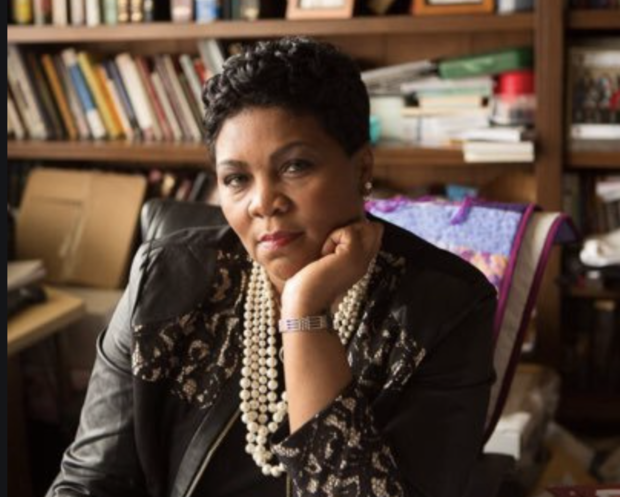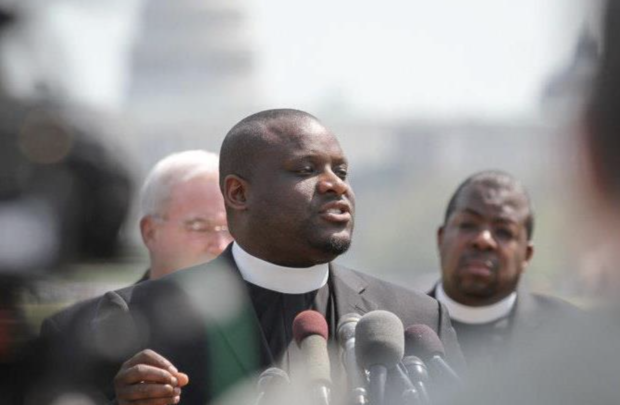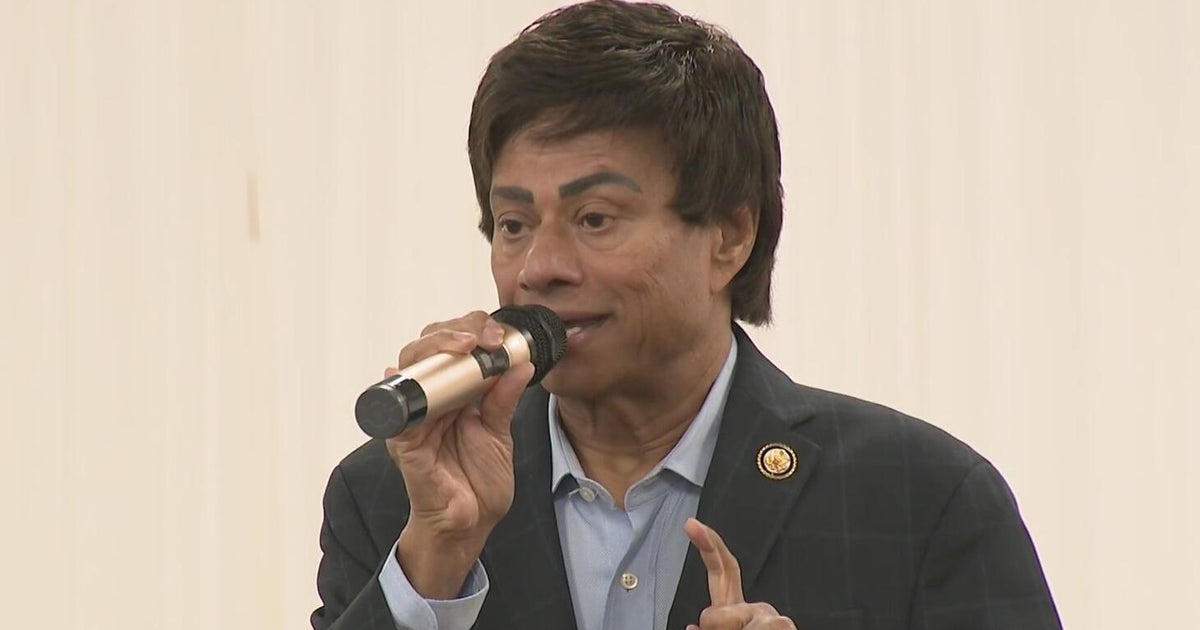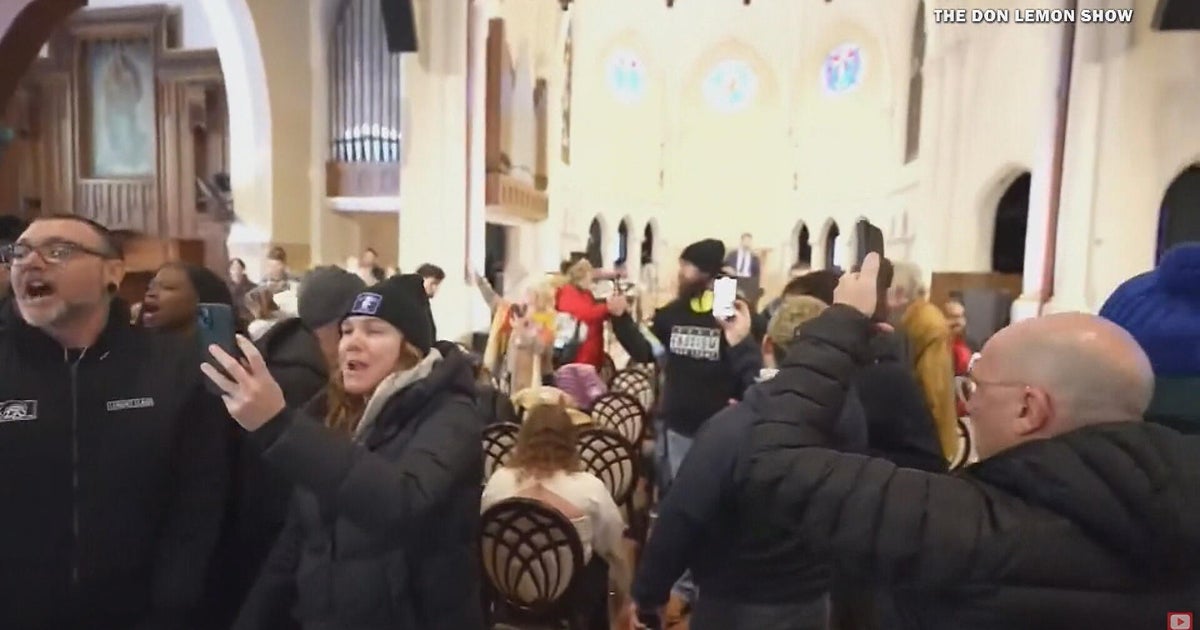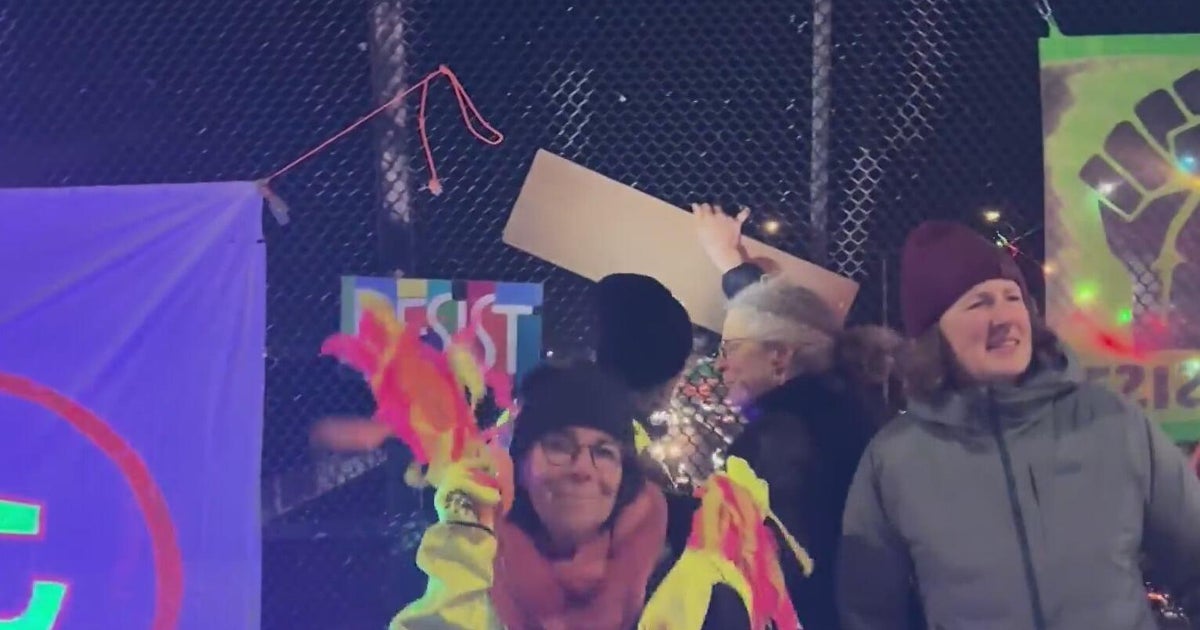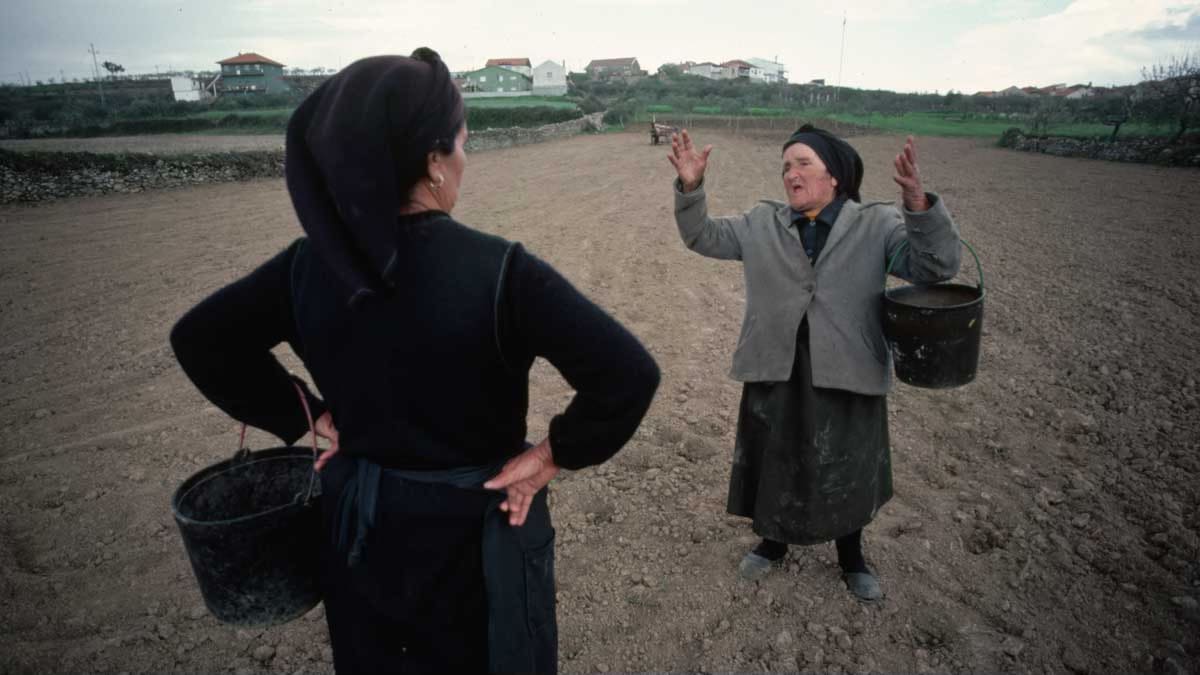Black faith leaders weigh in on next steps for nation after George Floyd's death
After two weeks of protests, elected officials and community leaders are mulling solutions to the systemic racial injustices and issues of police brutality exposed by the death of George Floyd. CBS News spoke with black faith leaders about what people are demanding, what's different about this wave of demonstrations, and how to begin tackling the ongoing issues of racial inequity.
The final moments of Floyd's life, when a fired Minneapolis police officer kneeled on his neck for nearly nine minutes, were gruesome. For some, it was another painful reminder of the long, sad history of policing for black people in America.
"…[Policing in America was] designed to control the movements of black people and therefore it always treated black people differently," said Reverend Nelson Rivers, the pastor of Charity Missionary Baptist Church in North Charleston. "There's never been a time really, that the police have ever treated black people like their lives matter."
Looters and vandals have at times distracted from what protesters want: a complete overhaul of the criminal justice system and policing. But United Church of Christ Associate General Minister Traci Blackmon argues that the violence is actually the "rage and weariness" of people who have been suppressed for too long.
"Change in this country has never come without the confrontation of power sources…and that confrontation has always been met with violence," Blackmon told CBS News. "How do you respond to a state-sanctioned murder that is being shared all over the world...what is the appropriate response to that level of violence?"
"Dr. [Martin Luther King, Jr.] was arguably the most nonviolent preacher the country's ever produced…and they still blew his brains out," said Pastor Michael McBride of The Way Church in California. "So nonviolence does not mean compliance, it does not mean the absence of tension. It's the presence of justice."
A recent CBS News poll found that 57% of Americans think police officers generally treat white people better than black people. Nearly half disapprove of President Trump's response to the protests and events in Minneapolis.
Blackmon said the "color of protest" is changing in response to attempts by the Trump administration to "draw lines of demarcation" among Americans by race and politics.
"It is not just black people who are screaming that black lives matter," said Blackmon. "It's black people, white people, professionals, law enforcement officers, international partners because this current leadership has taken us to the brink of disaster."
Sustainable reform
Faith leaders also have some ideas about how to fix the country's broken criminal justice system. They advocate creating civilian review boards that have enforcement power to hold police officers accountable, increasing police sensitivity training, conducting routine racial bias audits of police departments, and changing the police Bill of Rights so that police officers can be held accountable immediately for abuse or misconduct.
As "defund the police" becomes a rallying cry and political divide, some are calling for state and local governments to re-allocate their budgets to invest more into minority communities. While critics argue that more money should be invested into police departments because "you get what you pay for," Blackmon says you also "get what you pay for" when you don't invest in rooting out racial inequity in every aspect of society.
"If you don't pay for adequate housing, and you don't pay for education, and you don't pay so that people can have a living wage, you get what you pay for."
Protesting amid a pandemic
Calls for racial equality have slammed headlong into a public health crisis that has also illuminated racial inequities in health care. Pew Research data shows that in eight states, the percentage of coronavirus deaths among black people is at least twice as high as the black share of the population in those states.
Dr. Marybeth Sexton, an assistant professor of infectious disease at Emory University, says higher rates of COVID-19 cases in minority communities can likely be attributed to factors including housing conditions, health care access, and trust in the health care system. And if there's a surge in COVID-19 cases related to protests, she points out, it could affect already vulnerable communities at disproportionate rates.
"You have people who are out protesting systemic racism, who are potentially at higher risk for COVID—and for complications of COVID—for a multitude of reasons, but some of which are also caused by the legacy of systemic racism," said Sexton.
Everything that's involved in protesting can spread the virus, she pointed out. Crowds with different COVID exposures gathering in small spaces are not going to be social distancing. Shouting and singing disperse viral particles. Sexton suggests protesters bring their own food, water and hand sanitizer and pack extra masks because once a mask is wet — from sweat or any other liquid — it becomes ineffective.
Dr. Daniel Fagbuyi, a former Obama administration health adviser, said it's important to provide testing for protesters to track and trace COVID-19 cases. He also added that as protests began, people were already anxious to leave their homes after months of quarantine. But combatting racial injustice provides a strong enough reason for people to continue to gather, even amid the pandemic.
"Communities that have been marginalized—where there are inequities—felt regardless of what other threats there are, they were willing to make that sacrifice," said Fagbuyi. "This is something bigger."

